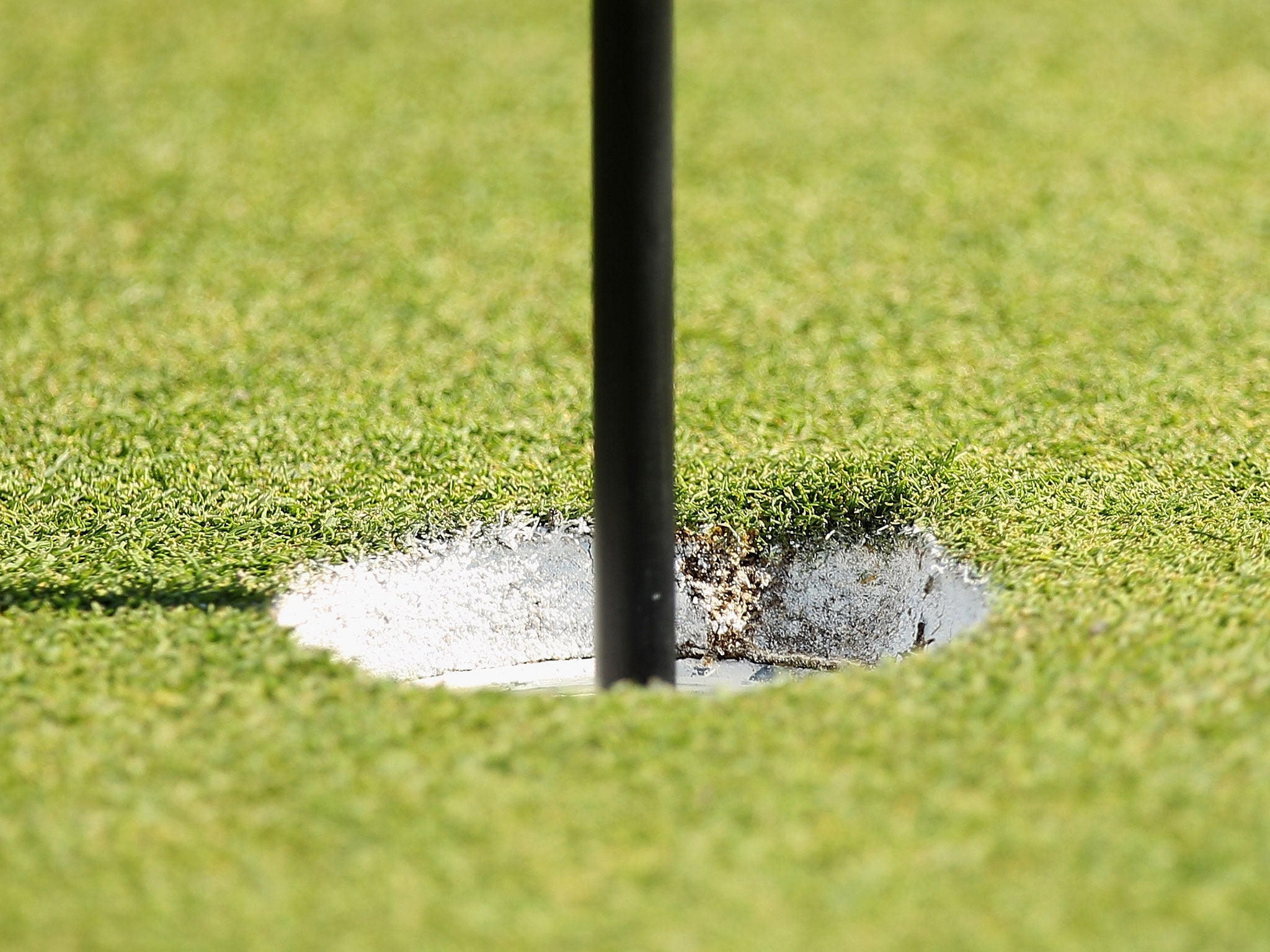The Open 2015: The 'baffing spoon', 'niblick' and other weird names for golf clubs
Caddies used to carry some peculiarly-named clubs in the sport's early days

This year’s Open Championship is under way and to the uninitiated or the casual viewer, golf may seem like a confusing sport. It is not always immediately clear why a player has played a particular stroke, selected a particular club or worn a particularly garish outfit.
Then there’s the terminology, which often only makes things even more baffling. This is, after all, the only sport in which you can score an albatross on a dogleg in a game of scotch foursomes.
Spare a thought, however, for those trying to familiarise themselves with the sport a century ago who, when preparing to play their first shot, would be told to reach for a ‘baffing spoon’ or a ‘niblick’.
In the sport’s early days, each club had a name worthy of a J.K. Rowling creation. Caddies would lug around a number of strangely-named items, including a ‘cleek’, a ‘brassie’ and a wide variety of ‘mashies’.
Obsolete golf clubs
Woods
Driver: Play club
2-Wood: Brassie
Higher-lofted wood: Spoon
Fairway wood: Baffing spoon
Irons
1 Iron: Driving iron
2 Iron: Cleek
3 Iron: Mid mashie
4 Iron: Mashie iron
5 Iron: Mashie
6 Iron: Spade mashie
7 Iron: Mashie niblick
8 Iron: Pitching niblick
9 Iron: Niblick
Very low lofted iron, shortened shaft: Jigger
The use of these archaic clubs declined in the 1930s when the Spalding Sporting Goods Company introduced the numbered sets of irons that are used universally today.
There was also the ‘sabbath stick’, which was a club disguised a walking stick, used to get around the Church of Scotland’s discouragement of playing golf on Sundays.
On the Old Course at St. Andrews, where this year’s Open Championship is held, Sunday play is technically still not permitted. However, this is ignored when established tournaments take place and the rule is more to do with preservation rather than any religious observance.
Join our commenting forum
Join thought-provoking conversations, follow other Independent readers and see their replies
Comments